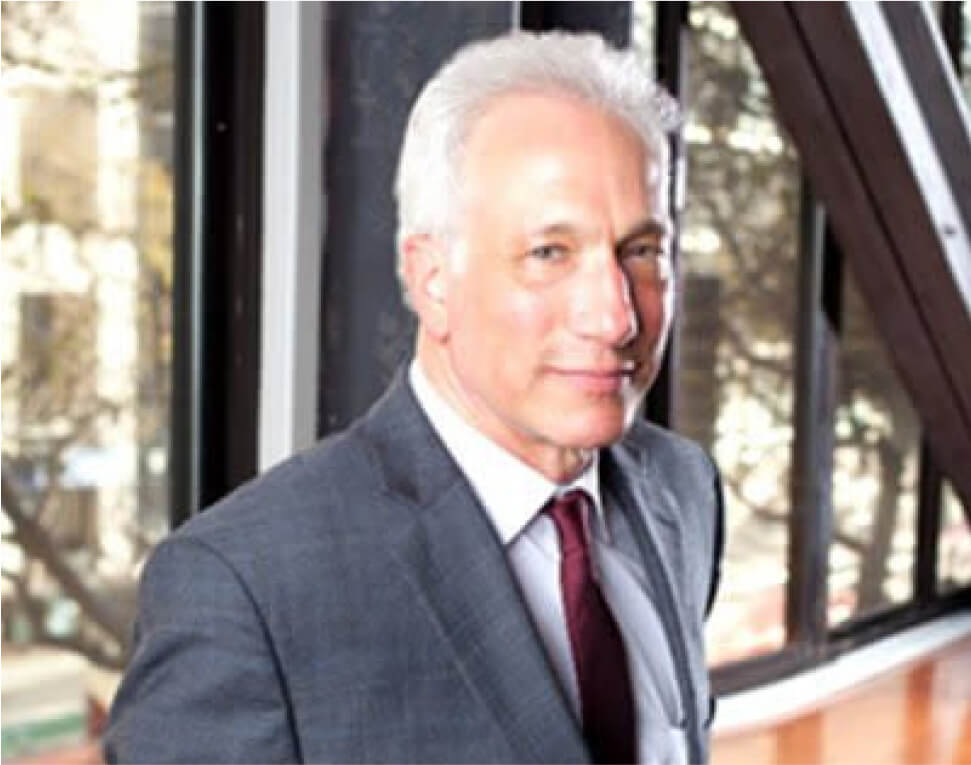Posted in Bad Faith Insurance
One of the techniques an insurance company employs to deny a claim or buttress its intended denial is known affectionately by insurance companies as the “Doc-to-Doc” interview.
Under the guise of “reaching out” to the treating doctor to seek his opinion in order to fairly decide a claim, a claims person or the physician hired by the insurance company will call the treating doctor. If this agent for the insurance company succeeds in getting the treating doctor on the phone, he will ask very selective questions calculated to elicit information to support the denial and carefully avoid asking questions the answers to which are more likely to support payment of the claim.
The agents for the insurance company often ask a question that seeks to capitalize on the treating doctor’s lack of knowledge concerning the bases for paying or denying claims. For example, the caller may ask the treating doctor, “Can your patient work?” The caller will not specify what he means by “work” or whether he is referring to full time or part-time work. Nor will the caller provide to the treating doctor the California definition of “disability” or “total disability” which, unbeknownst to the treating doctor, provides that a policyholder qualifies for disability benefits if he or she is unable to work full time on a consistent basis performing all the material job duties in the usual and customary way.
As treating physicians often believe that it would be therapeutic for their patients to perform occasional or part-time work if they are possible able to do so, many physicians will respond that “yes,” the patient can work — when, in fact, they do not believe that their patient is able to return to work full time. As a result of the insurance company asking a question that is misleading at best because it does not define key terms or contain the criteria for qualifying for benefits, the insurance company will then be able to document in its file that the treating doctor believes the policyholder is “able to work.”
If the insurance company does not reach the treating doctor or its agent leaves a message but the treating doctor fails to return the call, the insurance company can then argue that it acted reasonably. Even if the treating doctor later were to testify that the insurance company’s denial is patently unfair, the insurance company can argue that the treating doctor failed to respond when contacted and, therefore, the insurance company cannot be held responsible for the treating doctor’s lack of responsiveness or diligence. Therefore, the technique known euphemistically as the “Doc-to-Doc” interview is one of the more insidious means by which an insurance company uses the policyholder’s own treating physician to set up or sustain its denial.
Contact The Law Offices of Bennet M. Cohen, P.C. to arrange a consultation with an experienced San Francisco, CA denied insurance claims attorney.
